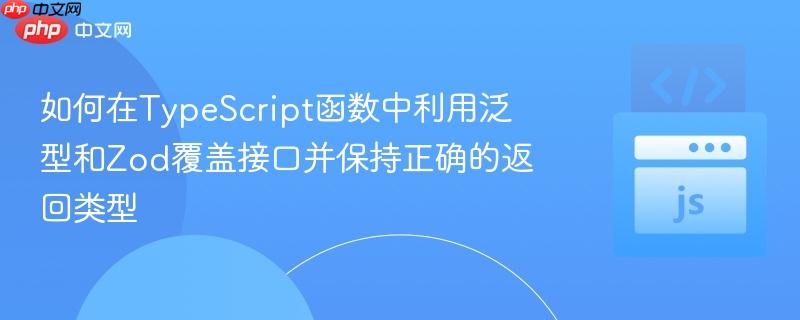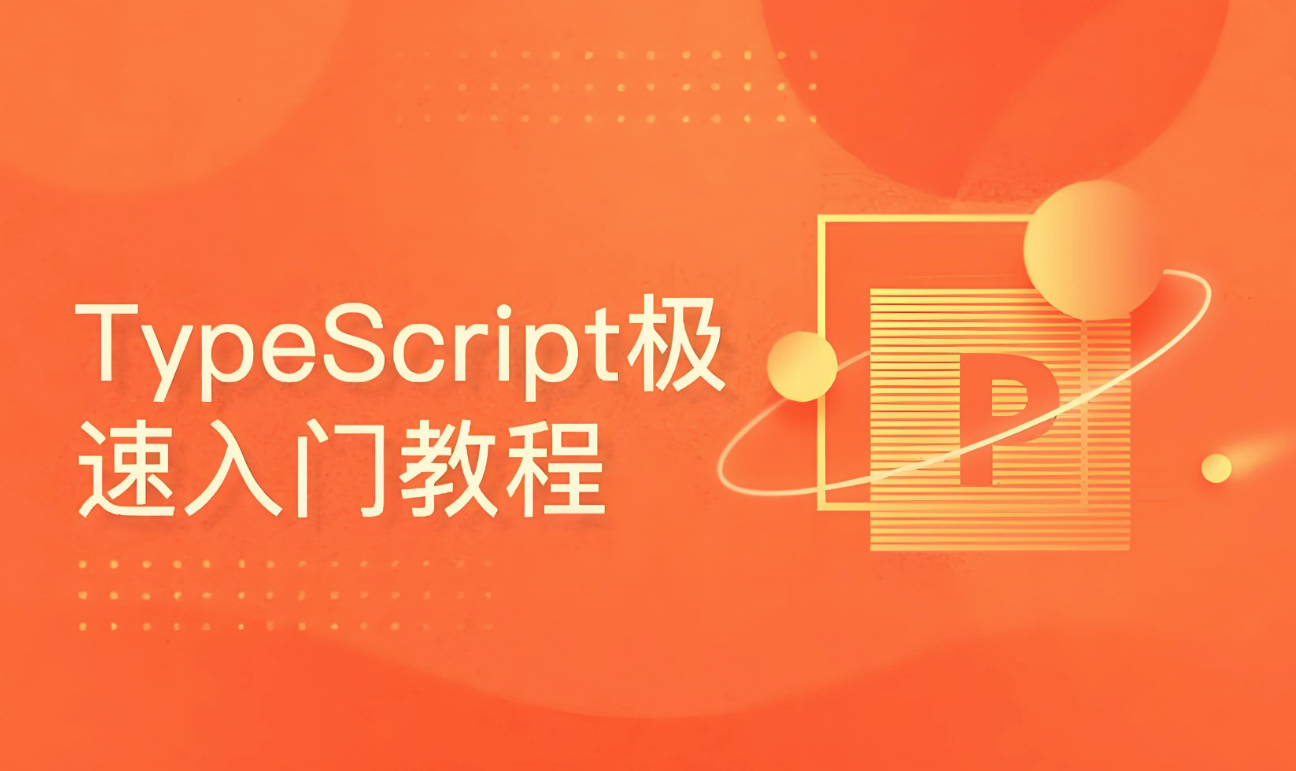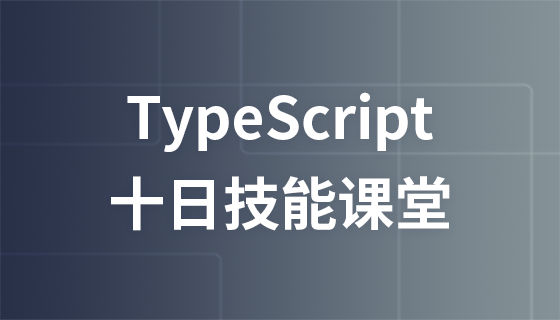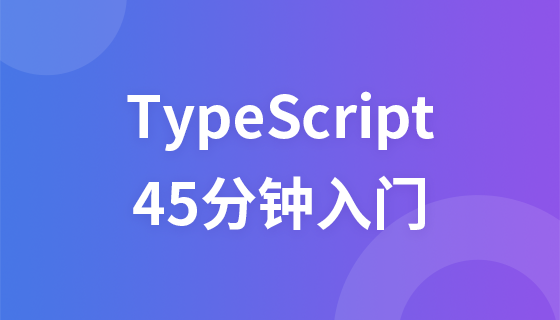
本文深入探讨了在typescript中定义可配置插件时,如何使用zod验证器和泛型来覆盖默认接口并确保函数返回类型正确推断的问题。通过逐步分析代码中的类型推断挑战,并引入高级泛型、条件类型和`infer`关键字,我们展示了如何构建一个灵活且类型安全的`defineplugin`函数,使其能够根据传入的自定义验证器准确地推断出返回对象的结构,从而避免`any`类型。
在TypeScript开发中,尤其是在构建可扩展的库或框架时,我们经常会遇到需要定义一个接受配置对象并允许用户覆盖默认行为的函数。当配置对象中包含一个像Zod验证器这样的复杂类型时,确保在覆盖默认值后,函数的返回类型依然能够被TypeScript正确推断,而不是简单地变为any,就成了一个关键的挑战。本文将通过一个具体的示例,展示如何利用TypeScript的泛型、条件类型和Zod的类型能力来优雅地解决这个问题。
假设我们有一个definePlugin函数,它接受一个实现PluginConfig接口的对象,并默认使用EmailValidator。当尝试提供一个自定义验证器时,我们期望返回的对象类型能准确反映这个自定义验证器,但实际结果却是any。
考虑以下初始代码结构:
import { z } from 'zod';
// 默认验证器
export const EmailValidator = z.object({
email: z
.string({ required_error: 'auth.validation.email' })
.email({ message: 'auth.validation.email_format' })
});
// 基础插件配置接口
interface PluginConfig {
validator?: z.ZodType; // 问题点1: z.ZodType 是一个类型,而非一个可赋值的构造函数
}
// 默认插件配置接口
interface DefaultPluginConfig {
validator?: typeof EmailValidator;
}
const definePlugin = <T extends PluginConfig = DefaultPluginConfig>({
validator = EmailValidator
}: T) => {
return validator.parse({});
};
const test = definePlugin({});
// 此时 test.email 会是 any,因为 definePlugin 的返回类型无法被正确推断
// 自定义验证器和接口
const CustomValidator = z.object({
email: z.string(),
username: z.string()
});
interface CustomConfig {
validator?: typeof CustomValidator;
}
const test2 = definePlugin<CustomConfig>({
validator: CustomValidator
});
// 此时 test2.username 也会是 any上述代码中存在几个导致类型推断失败的问题:
为了解决上述问题,我们需要对接口定义和函数泛型进行更精细的调整。
首先,我们将z.ZodType替换为z.ZodSchema
import { z, ZodType } from 'zod'; // 导入 ZodType
export const EmailValidator = z.object({
email: z
.string({ required_error: 'auth.validation.email' })
.email({ message: 'auth.validation.email_format' })
});
// 修正后的基础插件配置接口
interface PluginConfig {
validator?: ZodType<any>; // 使用 ZodType<any> 提供更宽泛的类型兼容性
}
// 默认插件配置接口,并正确继承 PluginConfig
interface DefaultPluginConfig extends PluginConfig {
validator?: typeof EmailValidator;
}
// ... definePlugin 函数保持不变,但此时仍有返回类型问题虽然这解决了接口定义的一些基础问题,但definePlugin的返回类型依然是any,因为validator.parse({})的返回类型需要更高级的泛型推断。
要让definePlugin的返回类型能够根据传入的validator动态调整,我们需要在函数的泛型定义中引入更多的类型推断逻辑。这涉及到:
以下是最终的解决方案代码:
import { z, ZodType } from "zod";
// 创建默认验证器,添加 default 以确保 parse({}) 总是返回一个对象
export const EmailValidator = z.object({
email: z.string().default("")
});
// 泛型 PluginConfig 接口,捕获 validator 的具体 ZodType
interface PluginConfig<T extends ZodType = typeof EmailValidator> {
validator?: T;
}
/**
* 定义一个插件函数,能够处理默认或自定义的Zod验证器,
* 并精确推断返回对象的类型。
*
* @template T - 插件配置类型,默认为 PluginConfig<typeof EmailValidator>。
* @template R - 从 T 中推断出的具体 ZodType。
* @param {T} config - 插件配置对象,包含可选的 validator。
* @returns {P} - 经过 validator.parse({}) 处理后得到的对象类型。
*/
const definePlugin = <
// T 是传入的配置对象类型,默认为包含 EmailValidator 的 PluginConfig
T extends PluginConfig = PluginConfig<typeof EmailValidator>,
// R 是从 T 中推断出的具体 ZodType (例如 EmailValidator 或 CustomValidator)
R = T extends PluginConfig<infer V> ? V : ZodType
>(
{ validator = EmailValidator }: T
): R extends ZodType<infer P> ? P : never => { // 返回类型:从 R (ZodType) 中推断出其输出类型 P
// 这里使用 as any 是因为 TypeScript 编译器在运行时无法完全验证 parse 的结果类型
// 但我们通过泛型保证了编译时的类型安全
return validator.parse({}) as any;
};
// 示例1:使用默认验证器
const test = definePlugin({});
// 此时 test 的类型为 { email: string; }
console.log(test.email); // 正确推断,无类型错误
// 创建一个自定义验证器
const CustomValidator = z.object({
email: z.string().default(""),
username: z.string().default("")
});
// 定义一个使用 CustomValidator 的配置类型
type CustomConfig = PluginConfig<typeof CustomValidator>;
// 示例2:使用自定义验证器
const test2 = definePlugin<CustomConfig>({
validator: CustomValidator
});
// 此时 test2 的类型为 { email: string; username: string; }
console.log(test2.username); // 正确推断,无类型错误
console.log(test2.email); // 同样正确推断
泛型PluginConfig
definePlugin函数的泛型参数:
validator.parse({}) as any:
通过上述高级泛型和条件类型技术,我们成功地解决了在TypeScript函数中覆盖接口并保持正确返回类型的问题。这种方法不仅使得definePlugin函数高度灵活,能够接受各种自定义的Zod验证器,而且最重要的是,它确保了在编译时能够精确地推断出函数的返回类型,从而极大地提升了代码的类型安全性和可维护性。
关键点在于:
这种模式在构建可扩展和类型安全的TypeScript库时非常有用,特别是在处理配置对象中包含复杂且可变类型的场景。
以上就是如何在TypeScript函数中利用泛型和Zod覆盖接口并保持正确的返回类型的详细内容,更多请关注php中文网其它相关文章!

每个人都需要一台速度更快、更稳定的 PC。随着时间的推移,垃圾文件、旧注册表数据和不必要的后台进程会占用资源并降低性能。幸运的是,许多工具可以让 Windows 保持平稳运行。




Copyright 2014-2025 https://www.php.cn/ All Rights Reserved | php.cn | 湘ICP备2023035733号